Maintaining relationships with growers in different AVAs is a strategy for some wineries that want to feature diversity in their portfolios.
Sharon Fenchak, the vice president of winery production and head winemaker for Biltmore Winery in Asheville, North Carolina, said grapes from Washington and California help the winery started by the famed George Vanderbilt family round out its portfolio.
North Carolina-grown grapes give Biltmore some local flavor in varietals that include Cabernet Franc, Cabernet Sauvignon and Chardonnay, but growers on the West Coast give life to other wines in their portfolio — even those same varietals.
The result is what Fenchak called “a truly storied portfolio.”
“The West Coast is my winery,” said Fenchak, who added that she oversees every step of the winemaking process. “As Biltmore’s winemaker, I am committed to handcrafting our wines with the philosophy of keeping each one true to varietal character and consistent from vintage to vintage. Whether I’m at work in North Carolina or California or Washington, I’m focused on creating wines that reflect the quality of this family-owned estate and winery.”
The majority of wines using grapes in states other than North Carolina can be found in Biltmore’s Estate and Limited Release series. In some cases, these wines bear the American Appellation, indicating that the fruit is grown on the West Coast, but the wine is finished and bottled at Biltmore Winery in Asheville.
Biltmore began sourcing grapes in the 1980s when its wine program was getting underway, and many of their relationships with growers have been going since. Fenchak schedules extended visits to California and Washington to meet with growing partners and select the grapes Biltmore wants, and has been able to leverage the winery’s relationships to ask growers to grow something new or scour it for her.
That’s how Biltmore began bottling Albariño sourced from California, which Fenchak said was an example of a venture that helps develop relationships over the longer term.
“Trust is the most important key to these relationships, and the longevity of a relationship really helps to breed that trust,” Fenchak said. “There will be highs and lows to go through and a good partnership needs to be able to ride those swings out together.”
Fenchak also works with consultant winemakers based on the West Coast.
“They are my eyes and ears on the ground,” she said. “I wouldn’t be able to do it without them.”
Copyright © 2024 | MH Magazine WordPress Theme by MH Themes

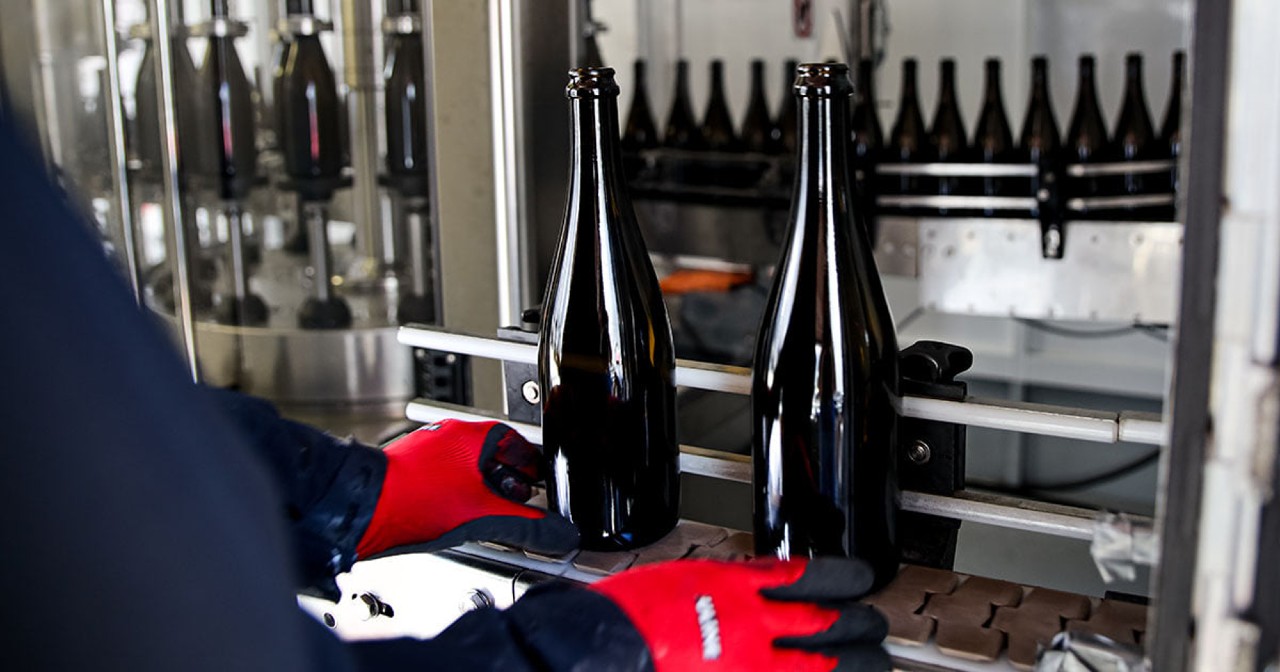
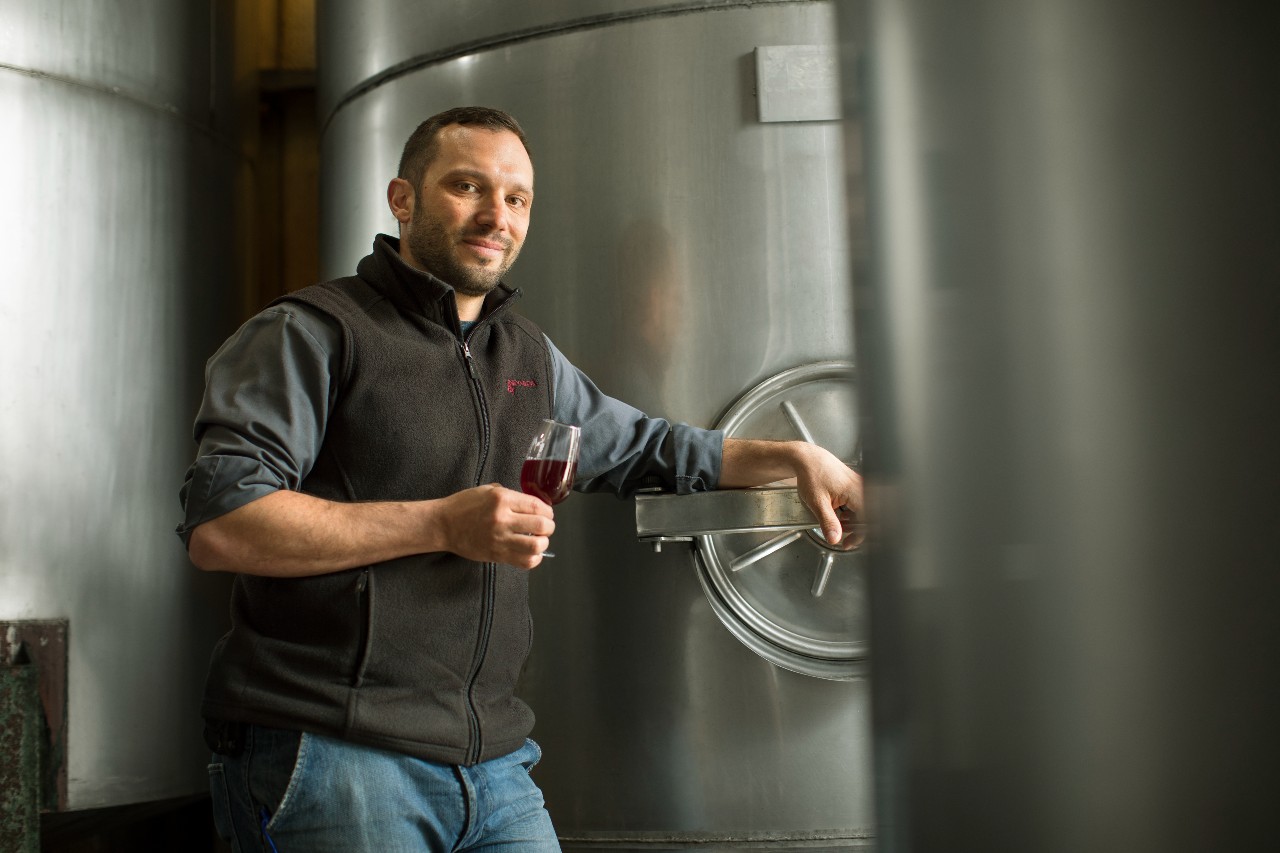
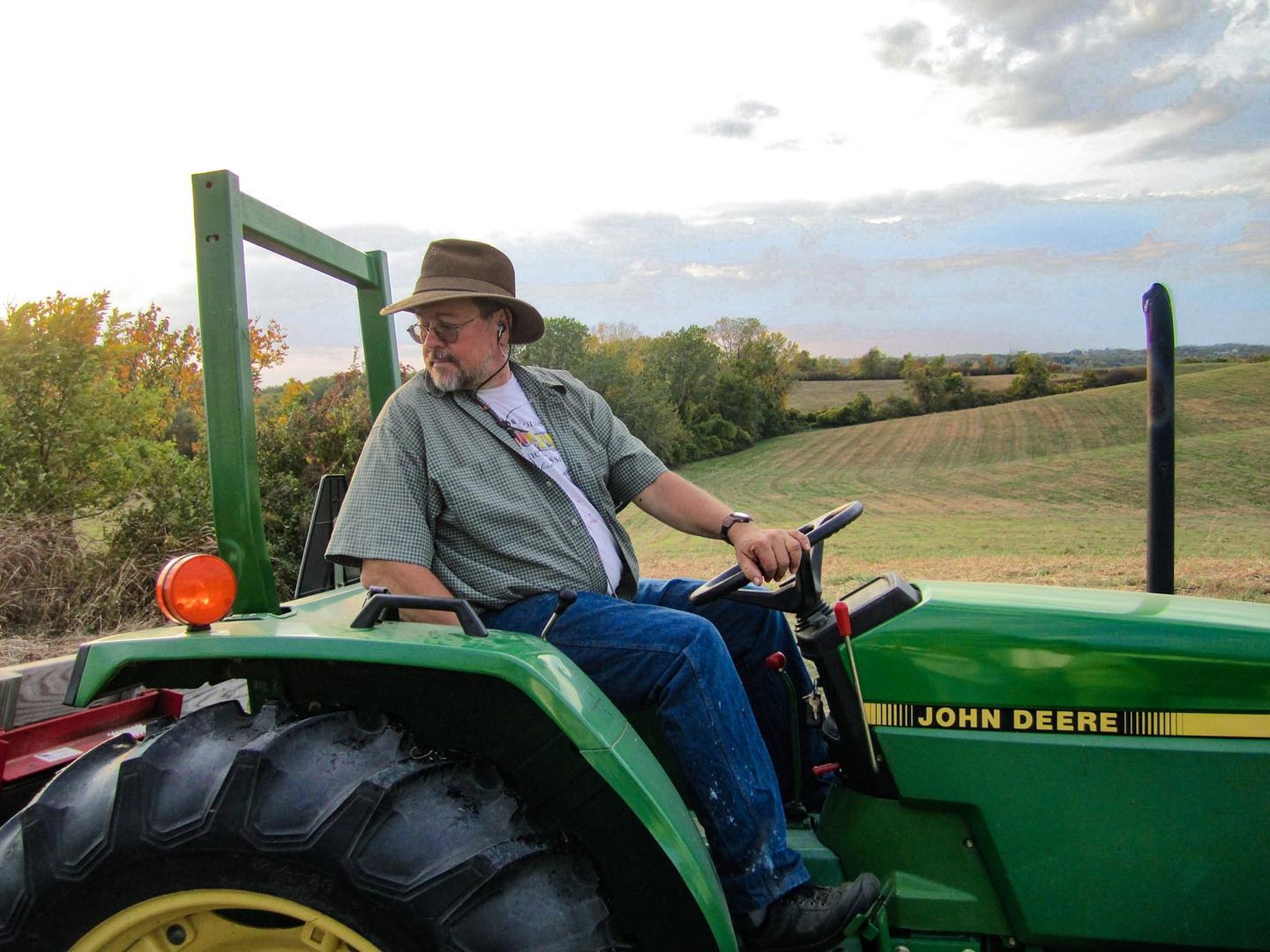
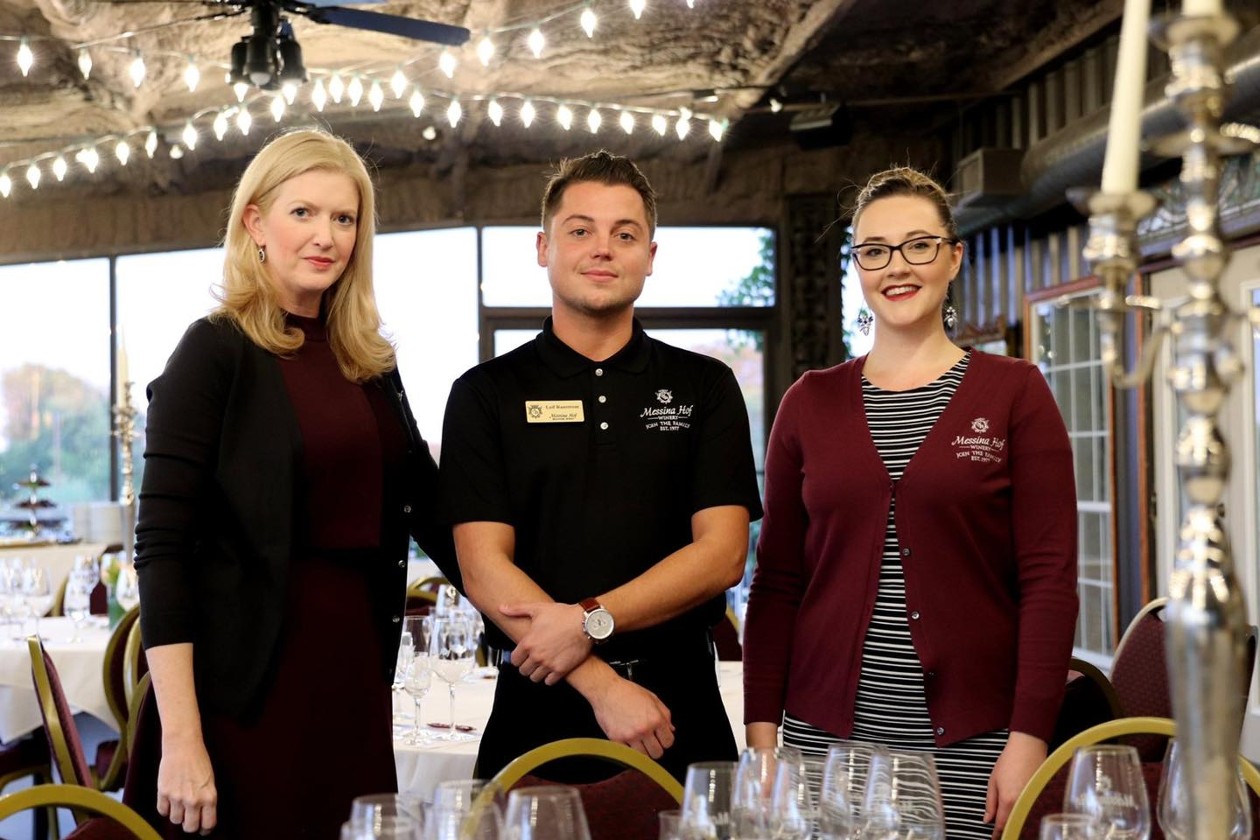
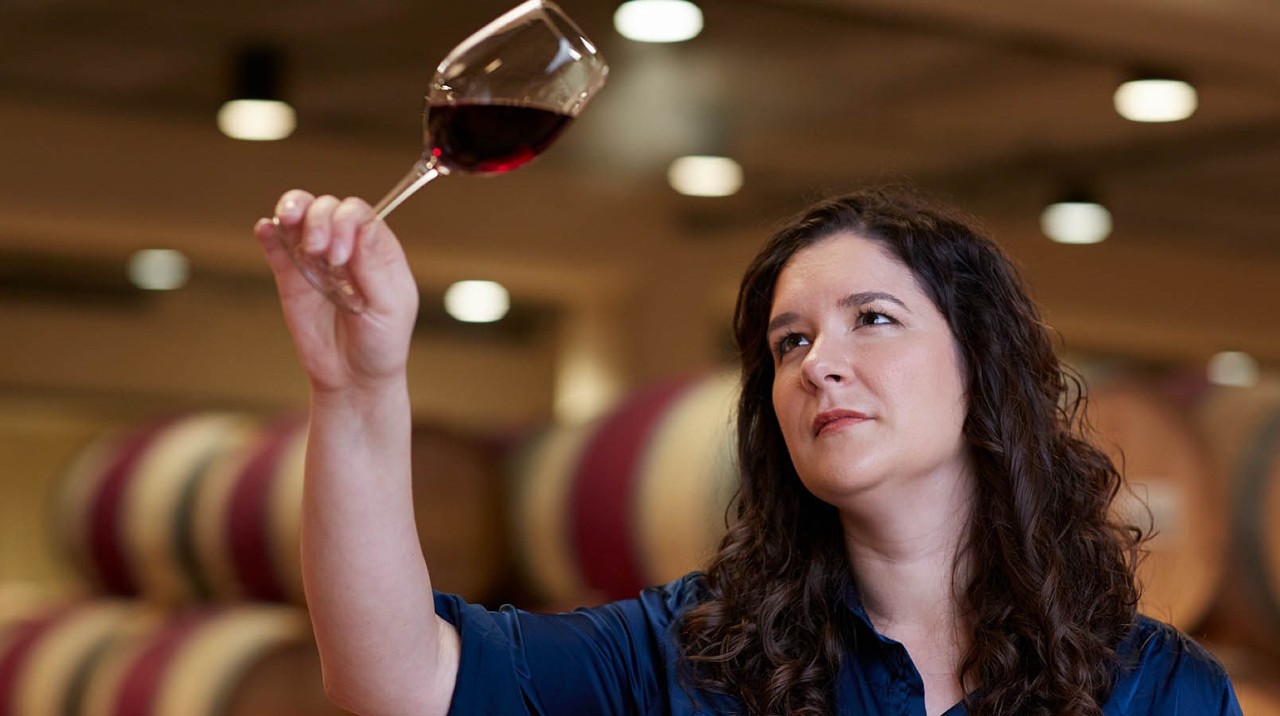



Be the first to comment